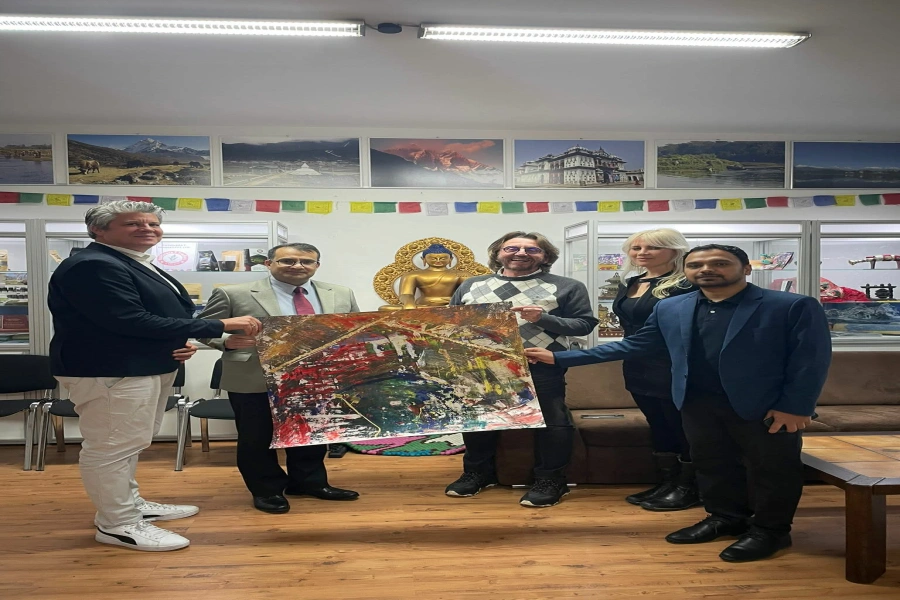Under the federal system, all the state agencies have to work in a new structure and change the working modality of the civil servants, formulate all the necessary laws and arrange resources to the highly-expensive governing system. The federal system will be paralyzed if the systems within it are not well organized. Therefore, all those in executive, legislature, judiciary and other vital agencies must work earnestly toward the federalism project. It is also equally important that the seven provinces work closely with federal government to fulfill the agenda of prosperous Nepal. However, reports from provinces aren’t very encouraging. According to a report from Dhanusha district, seven ministers, including the chief minister of Province 2, attended a program of a NGO on Thursday. Similarly, lawmakers and the parliament in Surkhet have remained idle due to the government’s failure to provide business to the Provincial Assembly of Karnali. It happened as most of the ministers, including the chief minister, are in Kathmandu and others are busy visiting places. Only a single minister was available in the provincial capital as of Thursday.
While provincial ministers and local officials are being criticized for focusing only on their perks immediately after they assumed office, the absence of ministers in provincial capitals has emerged as a new problem. Under a federal system, robust cooperation among agencies will only settle inter-provincial issues and then we can reap benefits from our major natural resources. More importantly, we adopted a federal system with an objective to settle local issues at the local levels, handle local development projects by the local representatives and communities themselves, formulate policies for the local levels by themselves. Since the project is being run for the first time, the provincial ministers, lawmakers, local representatives and officials should be concentrated on identifying urgent local issues, finding their solutions and coming up with long-term plans to transform their province, municipality or wards. But leaders at the provincial and local levels seem busy in accusing the federal government of not providing sufficient money to their units instead of coming up with novel ideas.
Heart to Heart with Malvika

Representatives from provincial and local units can certainly raise issues independently and jointly for common concerns when the federal government doesn’t listen to their genuine grievances. But it appears they are looking to put all the blame on to the federal government. Such a tendency only disheartens the general public who expected a lot from the new system. Some local units however have shown few exemplary works. People want more success stories. For that, the initiatives of provincial governments, legislatures and local units become crucial. If the provincial and local leaders stay in Kathmandu and remain dependent on Singhadurbar, what is the point of adopting federal system? Therefore, they must work hard within their constituencies, run offices in an economical and transparent fashion and establish exemplary practices.



































